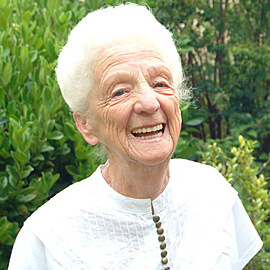Dementia is a term used to describe the symptoms for a large group of illnesses; there are, in fact, over 100 conditions that can cause it. It is estimated that more than 56,000 new cases of dementia will be diagnosed this year.
Dementia has been used to describe loss of memory, intellect, rationality, social skills and normal emotional reactions. The most common symptoms include confusion, personality change, apathy, withdrawal and loss of ability to do everyday tasks.
Most people develop symptoms gradually over a period of years. The progression is largely unpredictable and what symptoms develop depend on which part of the brain is affected. This can lead to people failing to recognise that something is wrong - they often mistakenly assume their behaviour is a normal part of the ageing process. Sometimes people refuse to seek help even when they know something is wrong.
Dementia rarely affects people under the age of 65. Currently, there are just 9600 younger Australia who suffer dementia. About one in 15 Australians aged over 65, however, suffer moderate to severe dementia. By the time we reach 80 to 84, the rate is one in nine; above 85, this falls to one in four. Dementia is indeed the second largest cause of ‘disability burden' after depression, and by 2015 it is expected to become the largest cause of this in our community.
Dementia is the fourth leading cause of death in older people, and affects more women than men. A person with dementia will live for an average of four to eight years, depending on their age at diagnosis. Dementia is also a major determining factor in the entry to residential care - at least 60 of people in high care and 30 percent of people in low care facilities have dementia.






